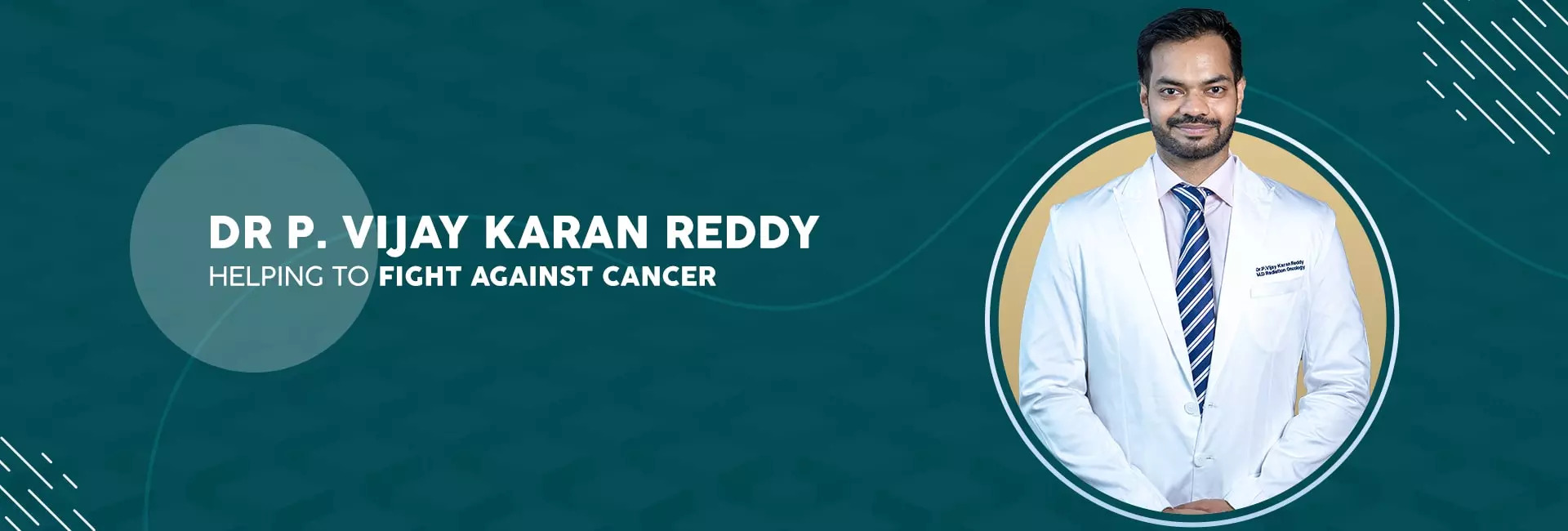If you or a loved one has recently been diagnosed with pancreatic cancer, you’re likely facing many emotions and questions. Among the top concerns is: Is there treatment for pancreatic cancer? While pancreatic cancer is known for its challenges, the good news is that Pancreatic Cancer Treatment in Hyderabad offers hope with several advanced treatment options.
In this blog post, we’ll take a closer look at the available treatments for pancreatic cancer, explain what you can expect during your treatment journey, and how a pancreatic cancer specialist in Hyderabad can guide you through it.
What is Pancreatic Cancer?
Pancreatic cancer starts in the tissues of the pancreas, an organ located behind the stomach. The pancreas has two primary functions: aiding in digestion and regulating blood sugar. Most pancreatic cancers begin in the exocrine cells, which produce digestive enzymes. These types of cancer are known as adenocarcinomas.
Pancreatic cancer is often diagnosed at later stages because the symptoms are subtle in the early stages. This makes treatment more challenging. However, there are various treatment options available depending on the stage and type of cancer.
What Are the Treatment Options for Pancreatic Cancer?
The treatment options for pancreatic cancer depend on several factors:
Stage of cancer: Whether the cancer is localized or has spread to other parts of the body.
General health of the patient: Age, overall health, and other medical conditions play a role in determining the best course of action.
Location of the tumor: Whether it’s in a part of the pancreas that’s more difficult to treat.
In Hyderabad, expert specialists can guide you through the best treatment approach for your unique condition. Here’s a breakdown of the most common treatments for pancreatic cancer.
1. Surgical Treatment for Pancreatic Cancer
Surgery is often the most effective treatment option for early-stage pancreatic cancer. However, it’s only an option if the tumor is confined to the pancreas and has not spread to other organs.
Types of pancreatic surgery include:
Whipple Procedure (Pancreaticoduodenectomy): This is the most common surgery for pancreatic cancer. It involves removing the head of the pancreas, part of the small intestine, the gallbladder, and part of the bile duct.
Distal Pancreatectomy: This involves removing the tail or body of the pancreas, often performed if the tumor is located in the tail of the pancreas.
Total Pancreatectomy: In rare cases, the entire pancreas may be removed, along with parts of the stomach, small intestine, and bile duct.
2. Chemotherapy for Pancreatic Cancer
Chemotherapy involves using drugs to kill cancer cells or stop them from growing. It can be used in combination with surgery or as a standalone treatment.
Chemotherapy can help reduce the size of the tumor before surgery or kill any remaining cancer cells after surgery. For advanced pancreatic cancer that can’t be surgically removed, chemotherapy may be used to slow the spread of the disease and alleviate symptoms.
Common chemotherapy drugs used for pancreatic cancer include:
Gemcitabine: Often used as a first-line treatment.
FOLFIRINOX: A combination of drugs that has shown positive results in advanced pancreatic cancer.
Nab-paclitaxel: A newer chemotherapy drug used in combination with gemcitabine.
3. Radiation Therapy for Pancreatic Cancer
Radiation therapy uses high-energy radiation to target and destroy cancer cells. It’s typically used in conjunction with surgery or chemotherapy to help control the growth of tumors.
Radiation therapy can help shrink tumors that can’t be surgically removed, alleviate pain, and control bleeding. It is often used for tumors in the head of the pancreas or for advanced-stage cancer.
Radiation therapy can be administered in several ways:
External Beam Radiation: Radiation is directed at the tumor from outside the body using a machine.
Internal Radiation (Brachytherapy): Radioactive material is placed near the tumor inside the body.
4. Targeted Therapy for Pancreatic Cancer
Targeted therapy uses drugs that target specific molecules involved in the growth and spread of cancer. It’s a newer form of treatment and is usually used for advanced stages of pancreatic cancer.
Drugs used in targeted therapy work by interfering with specific molecules that allow cancer cells to grow, divide, and spread. Some of the commonly used drugs include:
Erlotinib: A drug that inhibits the growth of cancer cells by blocking the activity of a protein called EGFR.
Olaparib: A drug that targets the DNA repair mechanisms in cancer cells, preventing them from repairing themselves and continuing to grow.
5. Immunotherapy for Pancreatic Cancer
Immunotherapy is an emerging treatment that helps the immune system fight cancer. It works by stimulating the body’s immune system to recognize and attack cancer cells.
For pancreatic cancer, immunotherapy has not been as effective as it has been for other cancers, but ongoing research is offering hope. Clinical trials are being conducted to explore new immunotherapy drugs and strategies for pancreatic cancer treatment.
6. Palliative Care for Pancreatic Cancer
While there is no cure for advanced pancreatic cancer, palliative care can help improve quality of life. Palliative care aims to manage symptoms and reduce pain, allowing patients to live more comfortably.
This includes pain management, treatment for digestive issues, and psychological support for both patients and their families.
What Should You Expect from Pancreatic Cancer Treatment in Hyderabad?
Undergoing pancreatic cancer treatment in Hyderabad involves a team of highly trained specialists, including oncologists, surgeons, radiologists, and nutritionists, who will work together to create a personalized treatment plan. Here’s what you can expect:
Comprehensive Diagnosis: The first step in treatment is an accurate diagnosis, which may involve CT scans, MRIs, biopsy tests, and other imaging studies.
Customized Treatment Plan: Your radiation oncologist, medical oncologist, and surgical team will develop a treatment plan tailored to your specific needs.
Ongoing Monitoring: Regular follow-ups will help monitor the progress of treatment, adjust the plan if necessary, and catch any signs of recurrence.
Tips for Coping During Treatment
Stay Informed: The more you know about pancreatic cancer and your treatment options, the better prepared you will be.
Ask Questions: Never hesitate to ask your doctor about your treatment plan, side effects, or any concerns you have.
Seek Support: Consider joining support groups where you can connect with other patients going through similar experiences.
Focus on Nutrition: Pancreatic cancer treatments can be tough on the digestive system. Work with a nutritionist to maintain a healthy diet.
Can Pancreatic Cancer Be Cured?
The question everyone wants to ask: Can pancreatic cancer be cured? The answer depends on the stage at diagnosis. Early-stage pancreatic cancer has a better chance of successful treatment through surgery and chemotherapy. However, for most patients, pancreatic cancer is diagnosed at a more advanced stage, where the goal shifts to slowing the progression and managing symptoms.
Advances in treatment are continually being made, and clinical trials offer new hope for better outcomes in the future.
Pancreatic cancer can be a daunting diagnosis, but with the right treatment and care, patients can manage the disease and improve their quality of life. Pancreatic Cancer Treatment in Hyderabad offers advanced therapies, expert oncologists, and a comprehensive support system to guide you through your treatment journey.
If you or someone you know is battling pancreatic cancer, don’t hesitate to reach out for more information on how the best treatments in Hyderabad can help. Your healthcare team is here to provide support, offer guidance, and help you navigate this challenging journey.
Have you or someone you know undergone treatment for pancreatic cancer? Share your experiences, or ask any questions you may have in the comments below!


